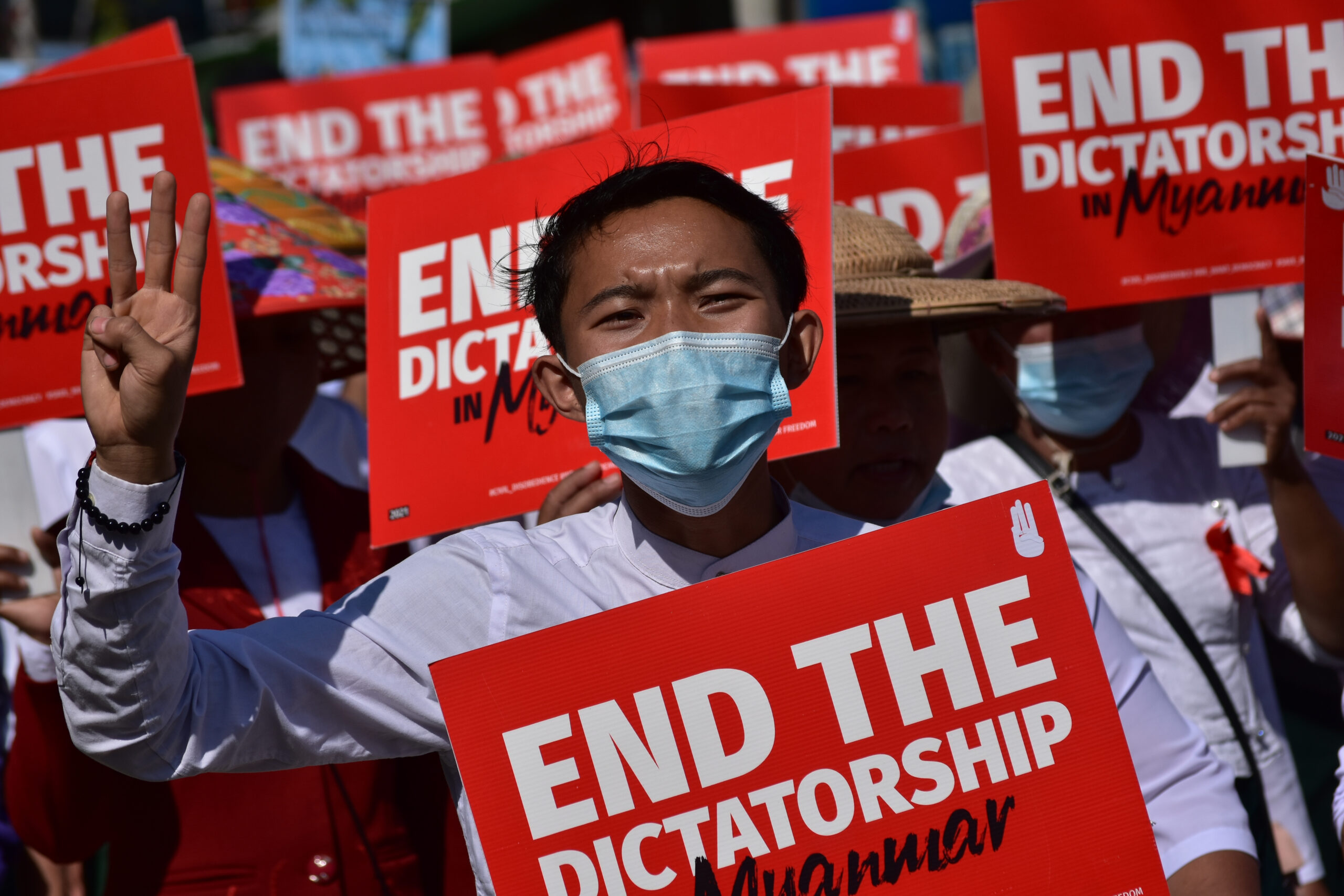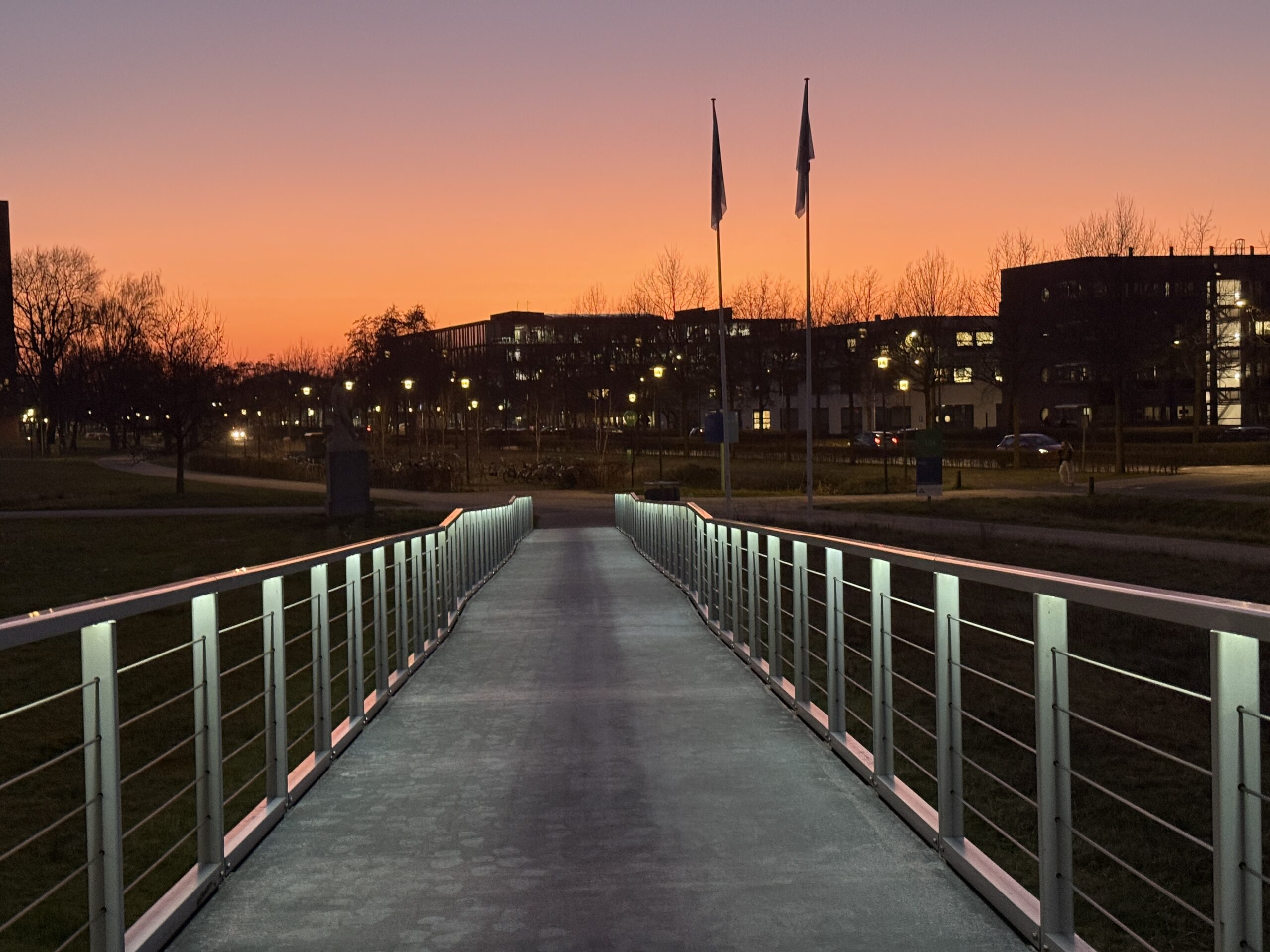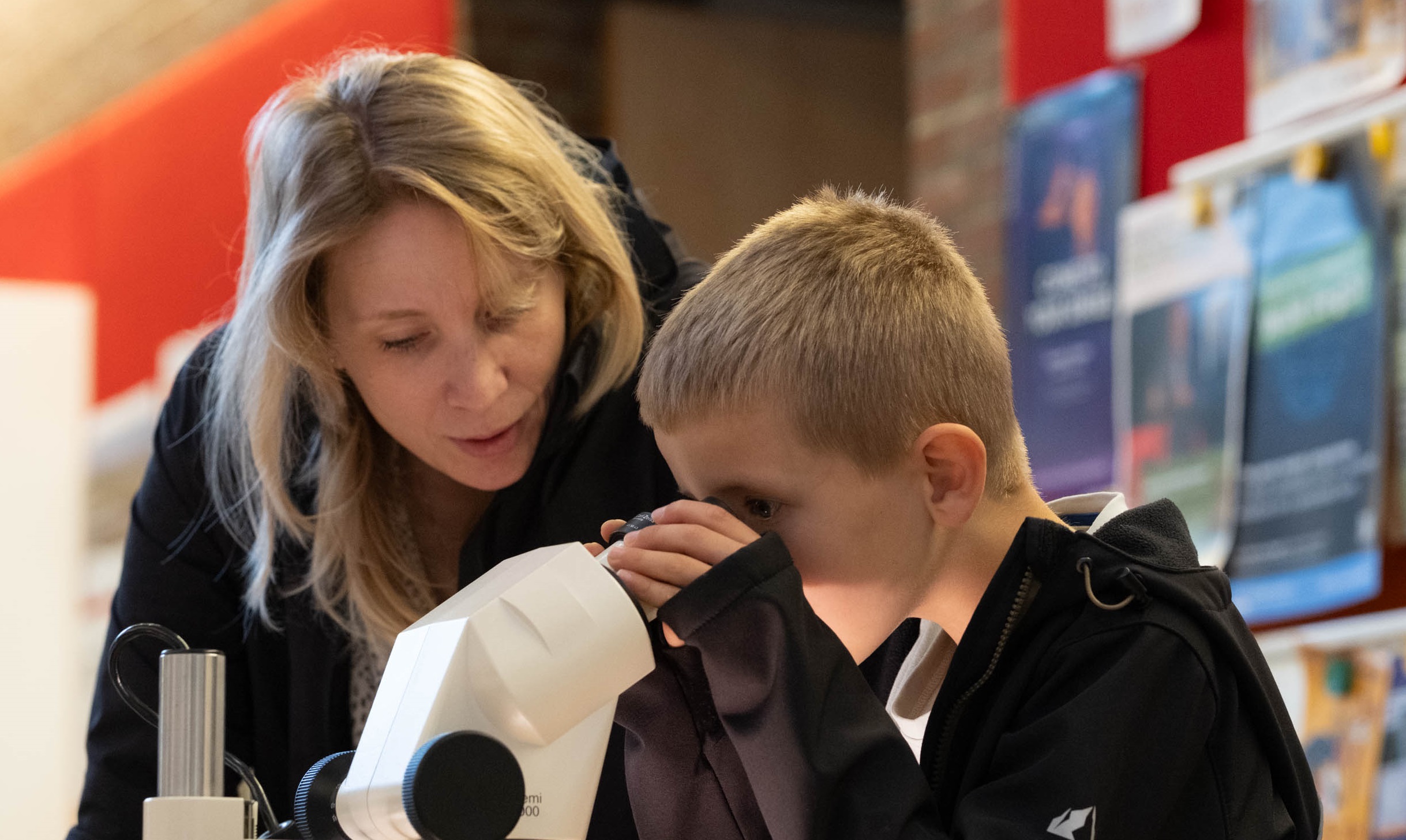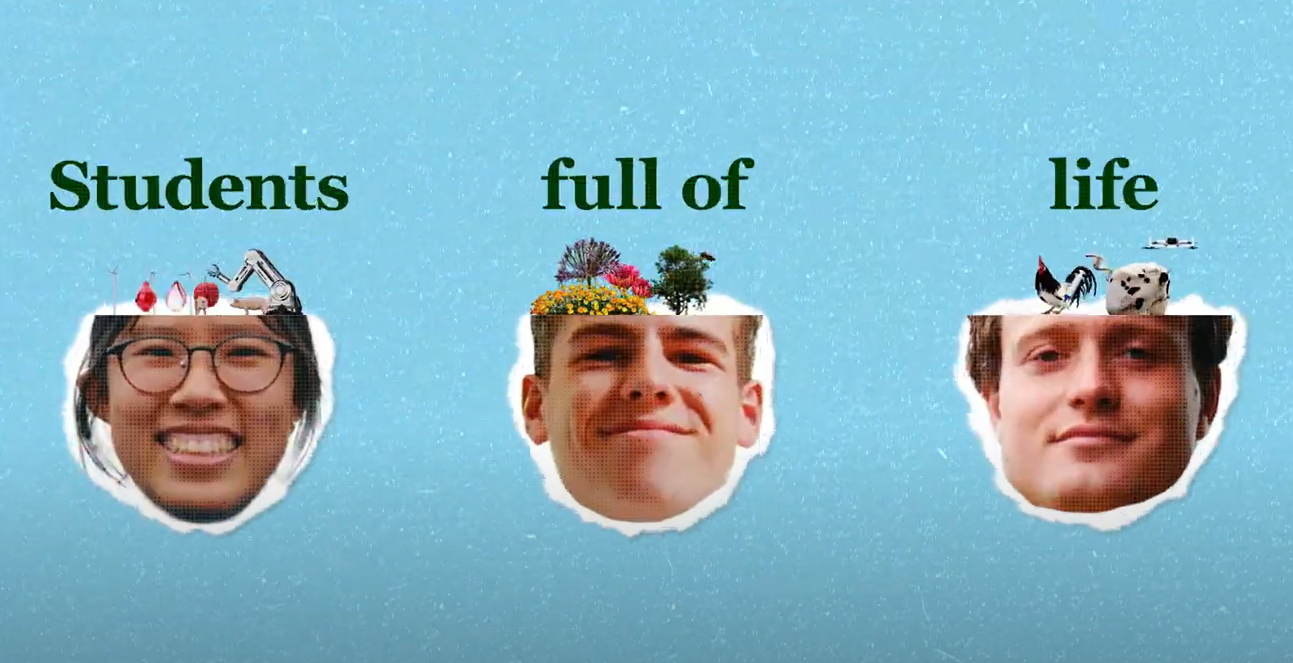Wageningen scientists and students that have worked in Myanmar are very concerned since the army seized power at the start of this year. University employees are being sacked in great numbers, and some have been placed in custody. ‘It is a gross violation of academic freedom.’
Over the past week, some 19,000 researchers, teachers and other university employees are said to have been laid off. The reason for their termination: participating in a strike to protest the coup. Some universities have resorted to requesting their staff publicly condemn the strikes and declare themselves loyal to the armed forces so that they can keep their jobs, says Reuters press agency. Some of the protesters have been arrested.
WUR researchers who have worked in Myanmar are shocked at the news. Scientist Bas Verschuuren, a lecturer at the Environmental Sciences Group, was forced to look on helplessly as one of the Pakokku University employees was arrested and sentenced to a 3.5-year prison term for protesting the junta. Verschuuren: ‘Organising a thesis in Myanmar is not easy. The country is extremely bureaucratic. This man provided valuable help getting all the required letters and stamps. Now, we want to help him and his fellow countrymen. I post about the situation on social media, but there must be something more we can do.’
Online initiatives
Scholars for Myanmar divulges an open letter through Twitter, calling for recognition of and support for the democratically elected National Unity Government (NUG). Recognition of the NUG by other countries could contribute to an end of the civil war, they say. The letter was signed by over 100 academics with links to Myanmar, Verschuuren among them. At a national level, a petition calling on Prime Minister Rutte to act has been initiated, and Amnesty International has also started a petition.
More recent emails remained unanswered. One can only hope they are simply busy and nothing else is going on.
Tomek de Ponti, a business innovator of Food Security & Sustainable Productivity, who collaborated with the Myanmar Ministry of Agriculture, knows all about the feeling of helplessness. ‘It is deeply sad to see the people there being pushed back into a dictatorship – with all the repression that is part thereof – which they had finally managed to leave behind them after 50 years. The people of Myanmar have a place in my heart, and I wish them a brighter future.’ De Ponti feels keeping in touch is very important. ‘I emailed colleagues to ask how they are doing. They really appreciated that, but it is difficult to assess the true nature of the situation, as you never know who might also be reading the messages. More recent emails remained unanswered. One can only hope they are simply busy and nothing else is going on.’ He also feels that WUR could contribute by financially supporting Myanmar students wanting to study in Wageningen. ‘They are the future and are capable of initiating change.’
‘Are you safe?’
Masters’ student Forest and Nature Conservation Shamyi Lanjouw was in Myanmar up until about a month ago. She was doing an internship with the World Wildlife Fund. Of late, the research has been pushed to the background. ‘The focus is now mainly on how things are going and checking whether people are safe. I try to stay appraised of the situation and check that no one has been arrested. Just yesterday, there was a raid at the office because they were looking for someone. Fieldwork is impossible at this time; the risk is too great.’
Is there anything students and scientists from the Netherlands can do? ‘If you know people in Myanmar, reach out and see how they are doing. This will at least show them we care. Moreover, you could donate to funds offering local relief. And, bring the matter forward in discussions and on social media.’’
Lanjouw hopes to return as soon as possible, as she has her roots in Myanmar. ‘I have travelled to Thailand for my safety, but that was not an easy decision to make. Yangon feels like home. My mother lives there, as well as my friends and my dog. I do want to finish my research, and, hopefully, the future will bring new opportunities.’

 Protests in Nyaungshwe, March 2021. Photo Rob Boc/Shutterstock
Protests in Nyaungshwe, March 2021. Photo Rob Boc/Shutterstock 

